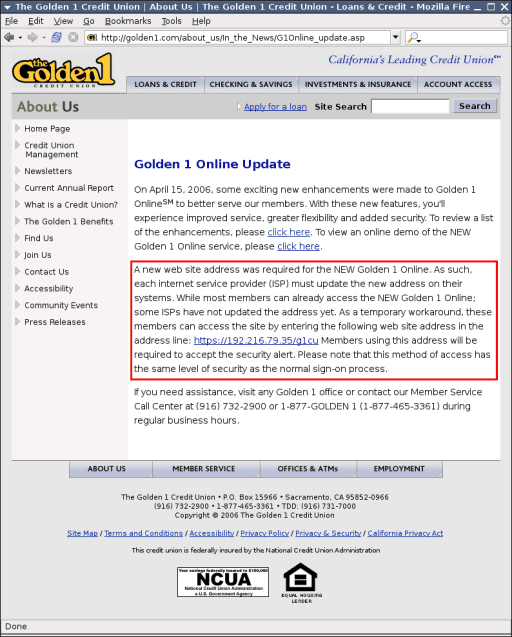I’ve briefly mentioned digital identity before, but the launch of ClaimID (more below) prompts me to write down my over the top theory concerning digital/online identity as a great absolute productivity equalizer. The theory in pseudocode:
function work_on_digital_identity(num_workers, avg_worker_skill) { return 0; }
This comes from the observation that hangers-on who can barely string buzzwords together to form a semi-coherent sentence and very smart people and single person projects and huge organizations composed of either all produce the same level of useful results when applied to the “problem” of digital identity: nil.
No, I’m not naming names and yes, this is an extreme caricature. Thanks for letting me get that off my chest.
So ClaimID is a new site that encourages you to catalog links about yourself and link to your resulting ClaimID page from your blog or home page. Someone ClaimID says does a good job of explaining ClaimID says:
Say you’re a college student with a weblog and you post your foolish thoughts under your real name. Or you’re active in some newgroups or mailing lists.
Time passes, you graduate and decide to look for a job. Of course, the prospective employer will want to do a search on your name, but what will they find? Oops! Too bad you didn’t think of that before!
Enter ClaimID.com. ClaimID will give you a place that you can point people to, to say “Here’s the ‘me’ I’m proud of!â€
Salvation! Before ClaimID it was not possible to create a web page with links you are proud of and without links you are not proud of. If you think giving your clean ClaimID page is going to prevent a prospective employer from finding embarrassing links, I have a bridge to sell you.
On the plus side ClaimID is a well designed web application, even if it does nothing useful yet, and useful features are easy to imagine, e.g., a social networking platform that is not a walled garden (imagine!), ego metasearch/tracking, trust metrics, copyright or other registry, perhaps even the Feedburner of identity protocols.
Many of these could be built into popular blogging software (for example) but using future ClaimID or similar would be far easier and more robust for most people.
For what it’s worth I think the killer app for decentralized authentication (yes I’m sloppily mixing overlapping concepts, oh well — but on that note this and this look pretty interesting) is private blogging, or more generally selective information sharing. Currently the only way to do this on the web apart from running your own walled garden is to use someone else’s, e.g., LiveJournal. I never understood the popularity of LJ until a year or so ago someone told me people use it to write entries that only friends may access.

